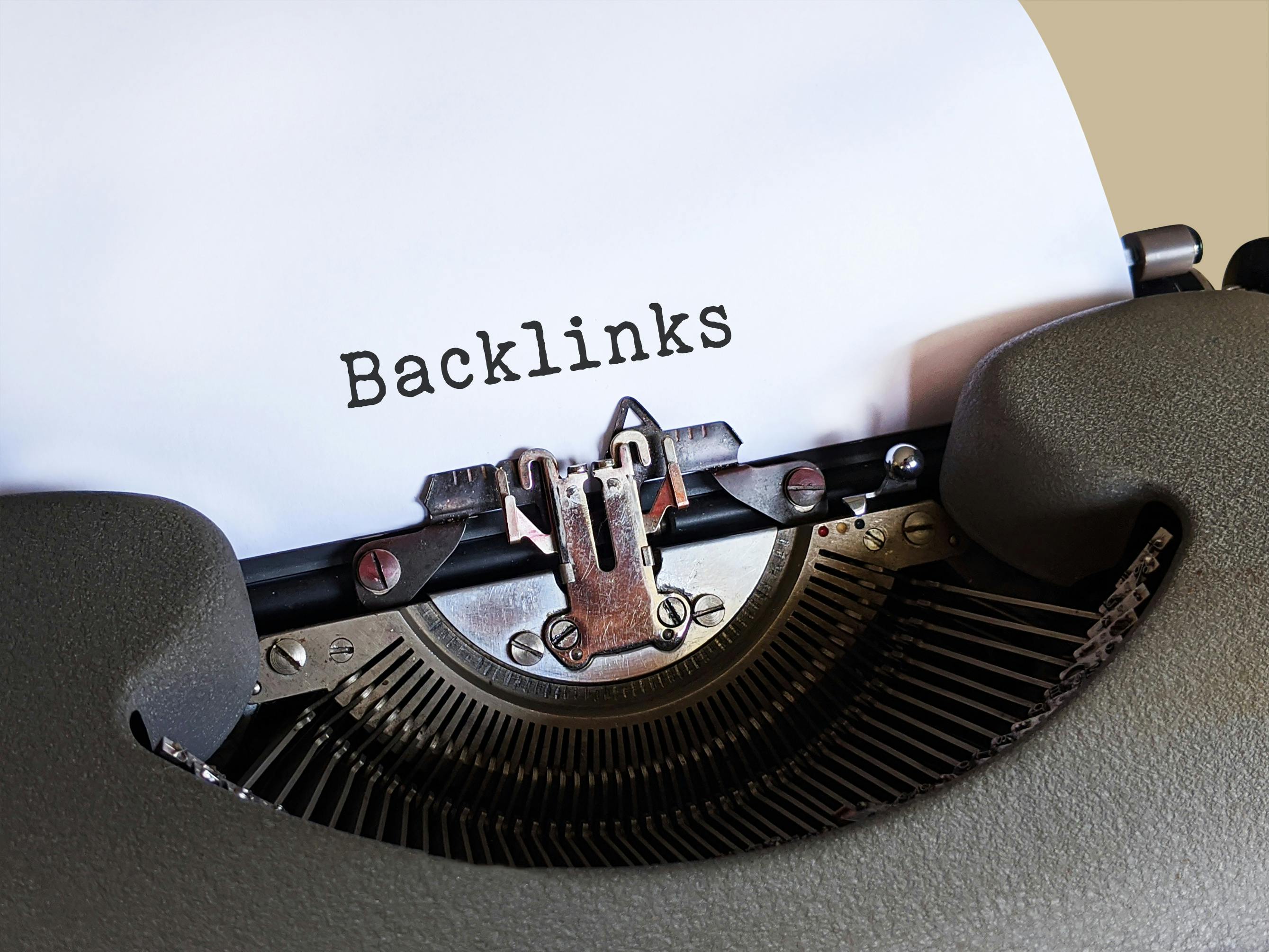
Introduction
In an adventurous and defined step for the future of the Internet, Cloudflare has taken a bold approach by announcing that it will drive traffic for approximately 20% of all websites globally. A pivotal aspect of this decision is the intent to block AI crawlers on its network, which marks a significant change in the ongoing conflict between content creators and AI companies. As generative AI continues to reshape the digital landscape, it raises questions about control, attribution, and compensation for creators.
A Broken Agreement in the New Era Online
For decades, the Internet has operated under an unspoken agreement: publishers offer free material, and in return, search engines direct traffic to those sites. However, the emergence of generative AI tools has disrupted this balance. These AI models scrape vast amounts of web content, often without permission, to train their systems. As a result, they can provide insights that do not lead traffic back to the original sources, leaving creators to bear the consequences.
AI-operated web content does not reward creators in the same manner as traditional discovery methods. According to Cloudflare, the referral traffic generated by AI, such as OpenAI’s models, is considerably harder to obtain than from Google. This disparity is alarming for publishers who rely on traffic for their survival.
Active Security: An Opt-Out Approach
The new Cloudflare policy shifts the power dynamics in favor of content owners. Instead of relying on websites to block crawlers through traditional means such as robots.txt files, Cloudflare will actively block AI robots, provided that companies request access to the content. This approach represents a fundamental change from the old model, as AI companies must now seek permission before scraping material.
This policy of active protection opens the door for licensing agreements, compensation models, and new financial frameworks for digital publishing. Such changes are essential as they acknowledge the rights of content creators in a rapidly evolving digital landscape.
Big Names Rally Behind the Change
Large media companies and platforms are already voicing support for Cloudflare’s decision. Organizations like Gannett, USA Today Network, Condé Nast, Reddit, and Quora are advocating for stronger control against content scraping. Steve Huffman, the CEO of Reddit, emphasized the importance of transparency and controls for a healthy online ecosystem, stating that a balance must be maintained to protect online communities from exploitation.
Building the Next Business Model on the Internet
Cloudflare aims to create a more equitable Internet rather than merely restricting access. Managing Director Matthew Prince envisions a system where publishers can grant AI the ability to access certain types of content while blocking it for training data. For instance, a news outlet might allow search engines to gather information while protecting its data from AI training.
Prince insists that the vision is to design a future market grounded in respect for content ownership, emphasizing that knowledge should be valued beyond mere clicks. Such a framework could significantly alter how material is created and monetized online, offering compensation to creators when their intellectual property is utilized for AI training.
AI Industry on Notice
This development represents another notable instance in the wave of resistance against unchecked AI data scraping. Recently, major players like OpenAI, Google, and Meta engaged with news organizations and artists to address unauthorized content usage. Concurrently, startups that rely on large-scale data scraping to build foundational AI models may find their operations under scrutiny.
Cloudflare’s initiative to block AI scraping won’t halt development entirely, but it does create friction that forces AI companies to wrestle with issues of consent, licensing, and proper compensation for data usage.
Implications for Content Creators and Publishers
The implications of Cloudflare’s actions can serve as a game-changer for bloggers, journalists, educators, and digital media brands. Instead of passively allowing AI robots to exploit their content, publishers now have a mechanism through which they can assert control. Content creators can now decide several critical factors:
- Who gets access to their site?
- Whether their content can be utilized for AI training purposes?
- If licensing or compensation is necessary?
This transition moves away from the lawless environment of data scraping towards a future in which authorship and originality are respected and rewarded.
Conclusion: A Network That Respects Ownership
The decision to block AI crawlers is more than a technical measure; it represents a cultural and economic transformation. This initiative signals a growing recognition of the value of knowledge and content creators’ rights as their work contributes to the evolution of advanced AI systems.
As the AI revolution accelerates, it becomes increasingly necessary to ensure justice, transparency, and respect within the digital ecosystem. With the strides made by Cloudflare, the Internet is taking a significant step in the right direction toward honoring content ownership and the rights of creators.
